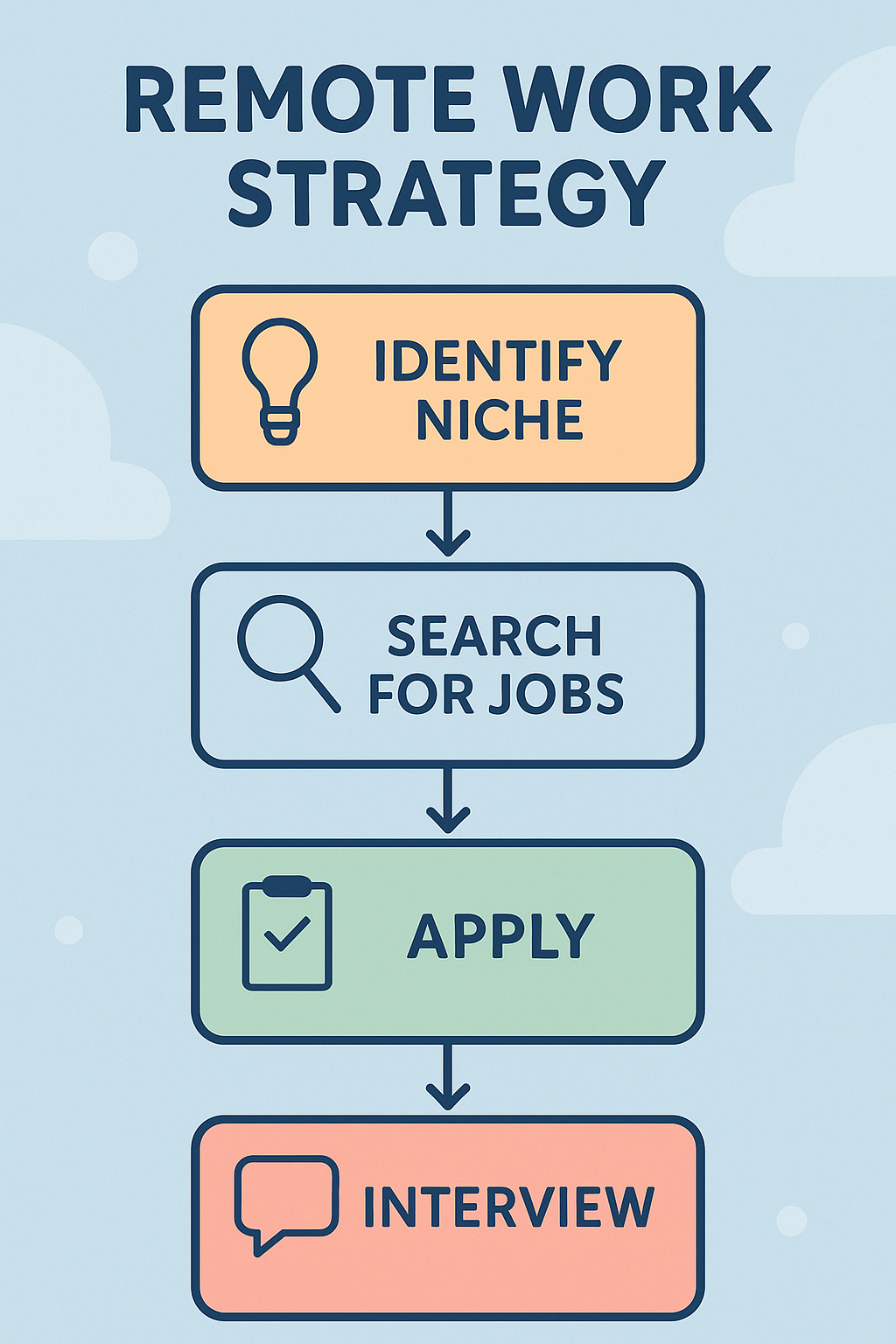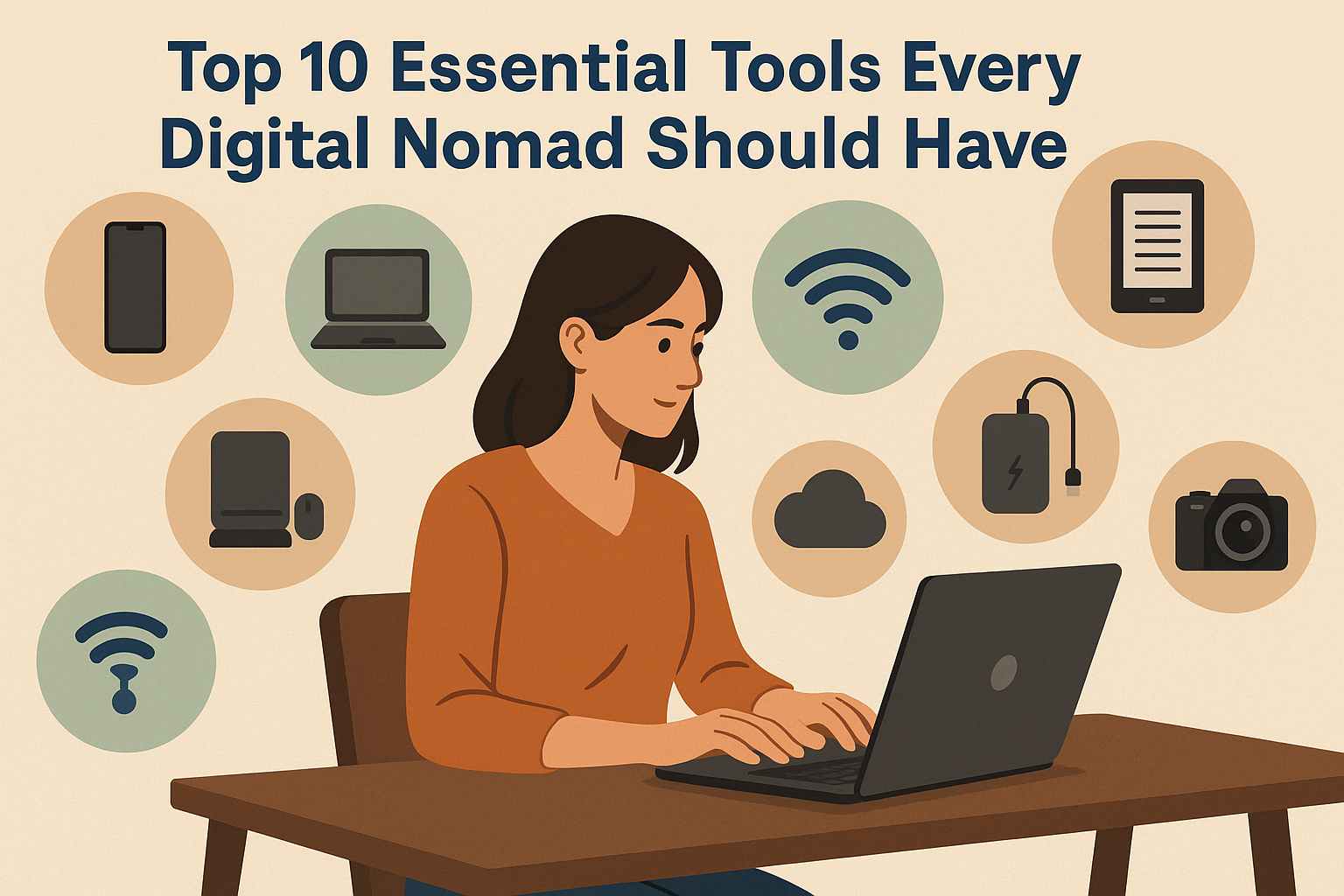Today, I’m going to be talking about the transformative realm of remote work. Remote work isn’t just a buzzword; it’s a shift in how we define the workplace. It’s the ability to work from anywhere, be it your home, a coffee shop, or a beach halfway around the world. This workplace revolution has been fueled by advancements in technology and a significant cultural shift catalyzed by recent global events.
You’re going to find out about the various advantages remote work offers. For employees, it often means no commute, flexible hours, and a better work-life balance. Employers, on the other hand, benefit from reduced overhead costs and access to a broader talent pool. This symbiotic relationship has pushed the concept from a rare perk to a standard option in many companies.
What started out as a necessity during the pandemic has now evolved into a mainstream and sustainable employment model. Organizations have witnessed the positive impacts of remote work on productivity and employee satisfaction, and many are adopting it as a permanent fixture.
In my opinion, understanding this change is key to unlocking a world of new possibilities. That’s what we’re covering here: the ‘who, how, and why’ of finding remote work opportunities. Choose something that resonates with you, and let’s transition into tapping into your potential by identifying your remote work niche.
Identifying Your Remote Work Niche
You’re probably excited about the prospect of landing a remote job, but before you start applying, let’s first nail down your niche. Knowing where you fit in the remote work landscape is crucial. It’s about aligning your skills and passions with the needs of remote employers.
Start by taking inventory of your current skills. List everything you’re good at and areas where you’ve had success in the past. This isn’t just about your job title; it’s also about your capabilities. For example, if you’ve thrived in self-directed projects, that’s a golden skill for remote work.
Now, it’s time to scope out industries ripe for remote positions. Tech is an obvious candidate, but don’t overlook education, healthcare, finance, and customer service. Many companies in these sectors have embraced remote work. If you want to, research each industry to identify the one that resonates with your skills and interests.
With your target industry in mind, tailor your resume for remote work. Highlight any previous remote work experience, focus on results and accomplishments, and showcase skills relevant to remote work such objectives, such as time management, communication, and independence.
Don’t forget to polish your online presence. Update your LinkedIn profile, set up a professional Twitter account, or start a blog related to your niche. Engage with thought leaders and join groups associated with remote work. I’m here to help you shine in the remote world, and a strong online presence will make you stand out to prospective employers.
Effective Strategies for Remote Job Hunting
I’m going to lay out some strategies that can really set you apart when searching for remote work. It’s not just about sending out as many applications as possible; it’s also about being strategic and making each application count.
A tailored job search begins with clarity about the type of role you’re after. Always adjust your approach to fit the specific job description and requirements.
Online platforms have revolutionized how we find work. I recommend checking out job boards that specialize in remote opportunities. Sites like We Work Remotely, FlexJobs, and Remote.co curate listings that can save you a lot of scrolling through irrelevant positions.
Don’t forget networking. It might sound daunting, but in my experience, it’s a gold mine for opportunities. Engage with professionals in your desired field through LinkedIn, virtual conferences, or community chat groups like Slack or Discord. Conversations can sometimes lead to job leads that aren’t posted anywhere else.
In terms of job applications, customizing your cover letter can make a significant impact. Show that you know the company’s challenges and pitch how your skills can address them. And always include any previous remote work experience or skills that make you a good fit for a distributed team.
Now, here’s something vital: manage your application follow-up. A gentle nudge after a week or two can show your enthusiasm without being overbearing. It’s about reminding employers that you’re interested and proactive.
With these strategies under your belt, you’ll be in a strong position for the next step: shining in a remote job interview. That means prepping your tech setup, practicing common remote interview questions, and demonstrating the discipline needed for remote work.

Acing the Remote Interview and Landing the Job
I’m going to let you in on something vital: the remote interview is where you seal the deal. It’s not just about your skills and experience; it’s also about how well you fit into the remote work culture. That means preparing your environment, ensuring your technology is up to par, and entering the interview with the right mindset.
You’re going to find out about the personal attributes and soft skills remote employers crave: self-motivation, communication, and reliability, to name a few. Emphasizing these during your interview can give you an edge over the competition.
Don’t worry too much about the post-interview phase. Follow-up is key. Send a thank you email, restate your interest, and ask about the next steps. This shows professionalism and enthusiasm without being pushy.
Finally, when the job offer lands in your inbox, take a moment to review it carefully. Negotiate if necessary, ensuring it matches your expectations for salary, benefits, and work-life balance. Accepting the job is just the beginning—now’s the time to create a dedicated workspace and set yourself up for success in your new role.
Choose something that resonates with you in terms of company culture and values. It’s not just about the role but also about the bigger picture of where you see your career going.
In my opinion, the transition to remote work can be a game-changer for your career and lifestyle. With careful preparation and a strategic approach, you’re well on your way to acing that remote interview and landing a great job. It opens doors to new possibilities and the flexibility to design the life you’ve always wanted.
So my question to you today is, are you ready to take that step? If you embrace these tips and bring your A-game, you’re already halfway there. So gear up, prepare to impress, and let’s make that remote dream job a reality.
🎯 Ready to Take Action on Your Remote Work Journey?
Have questions or thoughts about remote work?
👇 Drop a comment below—I’d love to hear your story, challenges, or tips!
🚀 Want to learn the exact system I used to go from job searching to building an online income stream I control?
➡️ Check out my in-depth Wealthy Affiliate Review to see how you can start today—even if you’re a complete beginner.



